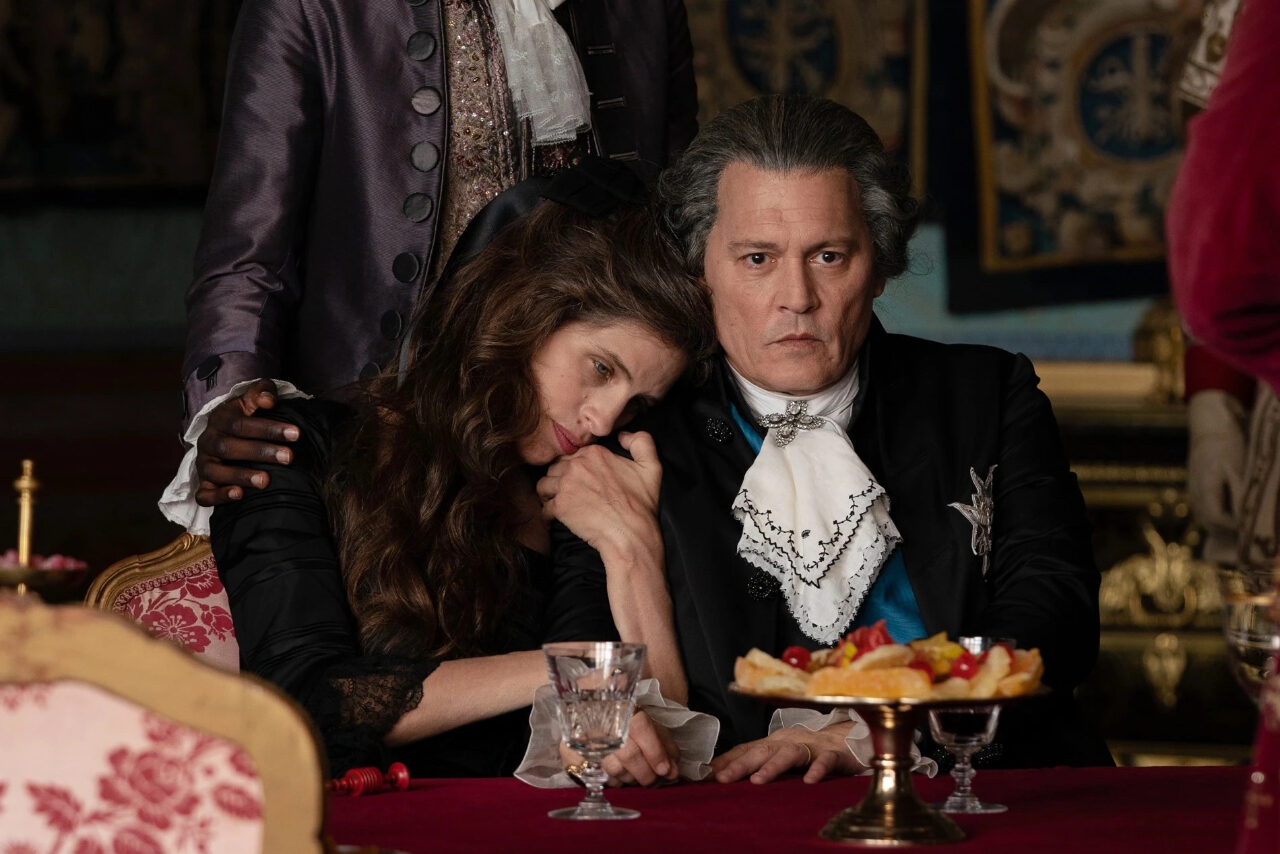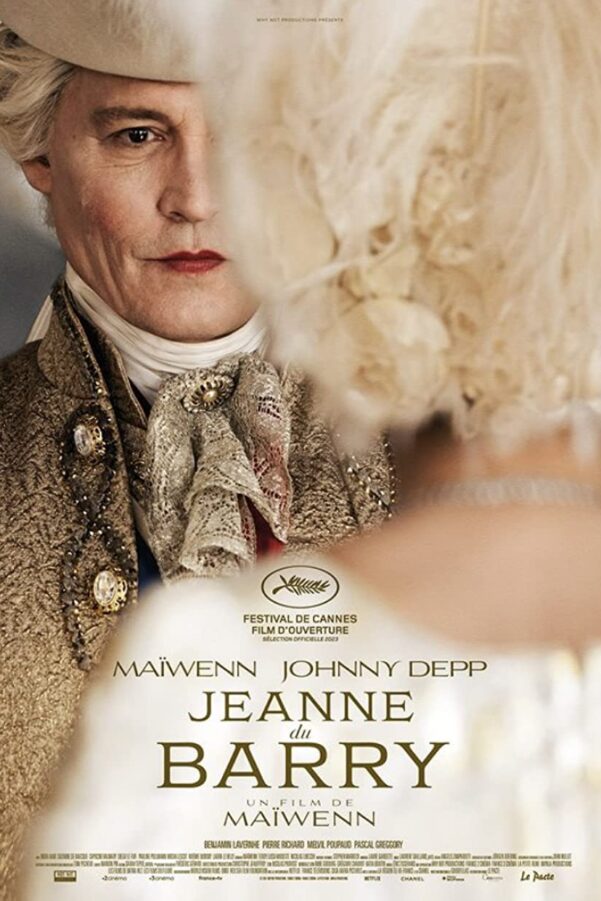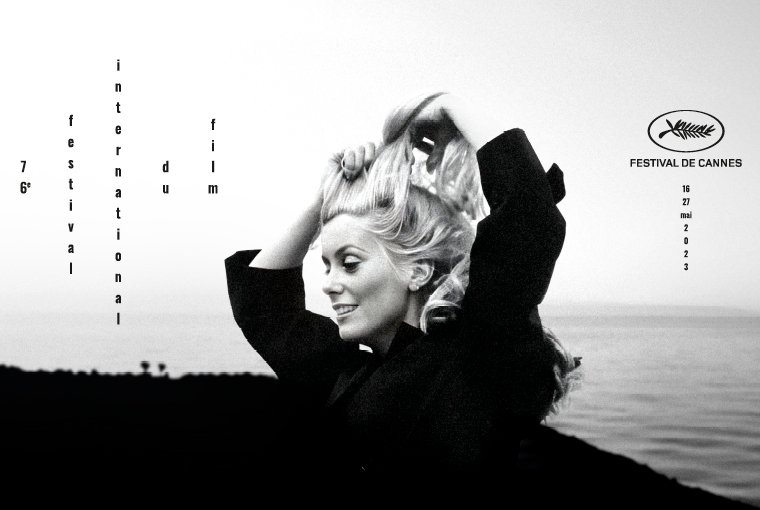Jeanne du Barry

No stranger to scandals, the Cannes film festival is basking in the controversy surrounding some of the choices for its 76th line-up, such as that of the opening film Jeanne du Barry.
Directed by Maïwenn (internationally perhaps best known as the inspiration behind Léon: The Professional while generating headlines in France for recent assault charges), the project is predominately hailed as the acting comeback for Johnny Depp (despite his IMDB page proving he was never out of work). All this razzle-dazzle is welcome smoke and mirrors to hide the fact that the film itself is unspectacular at most – sub-standard for such a prestigious opening ceremony.
Just last autumn the release of the BBC series Marie Antoinette proved a lingering fascination with the end of the French monarchy. This time the narrative switches perspectives to highlight the life of King Louis XV’s favourite mistress, but the story remains the same. The royal ways, their rules and rituals are strange – bizarre even – to someone coming from a different way of life. Despite being introduced as a woman with a “thirst for knowledge”, commoner Jeanne (Maïwenn) struggles to adapt to Versailles; but it is her very impertinence that appeals to the king (Depp). Unhappy with the way their father flaunts his affair and grants her privileges beyond her social rank, the royal daughters scheme against Du Barry and the new dauphine becomes an unwitting pawn in their power game.
While, upon first glance, the French production looks like your average period drama, closer inspection reveals carelessness in completion: the light of the candles illuminating the scenes never flickers; there are no details in scenery or costume that warrant close-ups, they merely aid the adults playing dress-up; when the camera appears to move, it is a zoom added in post-production. Supposedly in order to facilitate Depp’s unease with the foreign language, his lines have been reduced to the bare minimum, but even when he doesn’t speak, his mannerisms aren’t credible as those of a 18th century French king. Maïwenn is more at ease with her part, but the focus of the script evidently lies in giving her a platform to perform, rather than tell a captivating story. As if deemed unworthy of enactment, the most resonant elements of Du Barry’s life are merely dropped by the narrator in passing.
The humorous passages are what work best – in particular a scene depicting a gynaecological exam to prove whether Jeanne’s nether regions are worthy of Versailles – but sadly the feature lacked the courage to venture into outright comedy.
Selina Sondermann
Jeanne du Barry does not have a UK release date yet.
Read more reviews from our Cannes Film Festival 2023 coverage here.
For further information about the event visit the Cannes Film Festival website here.
Watch a clip from Jeanne du Barry here:


























Facebook
Twitter
Instagram
YouTube
RSS